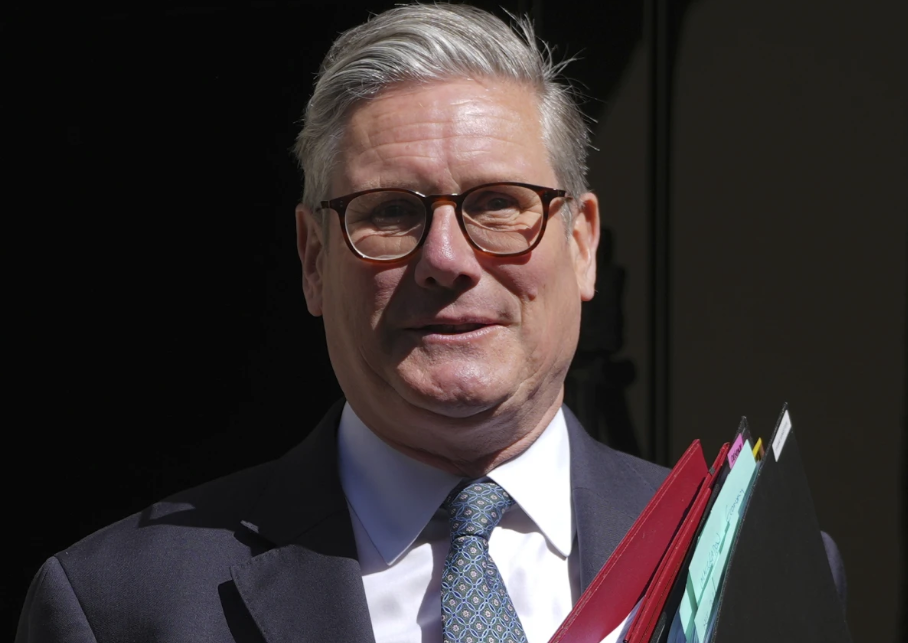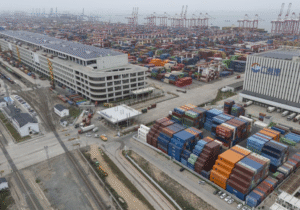Britain and India announced on Tuesday that they have finalized a long-delayed free trade agreement aimed at significantly cutting tariffs on a range of goods, including Scotch whisky. The agreement marks the culmination of over three years of negotiations that initially stalled under a previous U.K. administration.
Indian Prime Minister Narendra Modi described the pact as “ambitious and mutually beneficial,” while British Prime Minister Keir Starmer hailed it as a “landmark” achievement that would benefit U.K. businesses, workers, and consumers alike.
According to British officials, the deal will lower Indian import duties on a variety of British exports such as whisky, cosmetics, medical supplies, and components for cars and airplanes. Notably, tariffs on whisky and gin will be cut from 150% to 75% initially, with a further reduction to 40% by the tenth year of the agreement. Automotive tariffs, currently exceeding 100%, will drop to 10% under a quota system.
India’s Trade Ministry announced that 99% of Indian exports will be exempt from import duties under the new terms.
“This agreement brings us closer to our goal of becoming a global economic powerhouse,” said Trade Minister Piyush Goyal. “It safeguards our key interests while enabling broader participation in international value chains.”
The deal encompasses both goods and services and aims to foster collaboration between the two nations in developing products and services for global markets. Britain projects the agreement will boost bilateral trade by £25.5 billion ($34 billion) annually in the long term.
Mark Kent, head of the Scotch Whisky Association, called the agreement a game-changer for the industry. With India being one of the world’s largest whisky markets, Kent noted that Scotch exports to the country could grow by £1 billion over the next five years.
This trade pact comes amid a broader international push for trade liberalization, as countries look to navigate a climate of heightened protectionism following tariff policies initiated during Donald Trump’s presidency.
Rain Newton-Smith, CEO of the Confederation of British Industry, said the agreement represents “a beacon of hope amidst the specter of protectionism.”
Talks between India and the U.K. formally began in 2022, with then-Prime Minister Boris Johnson emphasizing a trade deal with India as a priority following the U.K.’s exit from the European Union. Johnson famously aimed to finalize the agreement by Diwali that year, though negotiations continued through 13 rounds without resolution.
Progress stalled during the 2024 general elections in both countries. Following the elections, Modi retained power in India, while Britain transitioned to a Labour-led government under Starmer.
The two leaders spoke by phone on Tuesday, during which Modi invited Starmer to visit India. Starmer’s office confirmed he plans to make the trip at the earliest opportunity.














